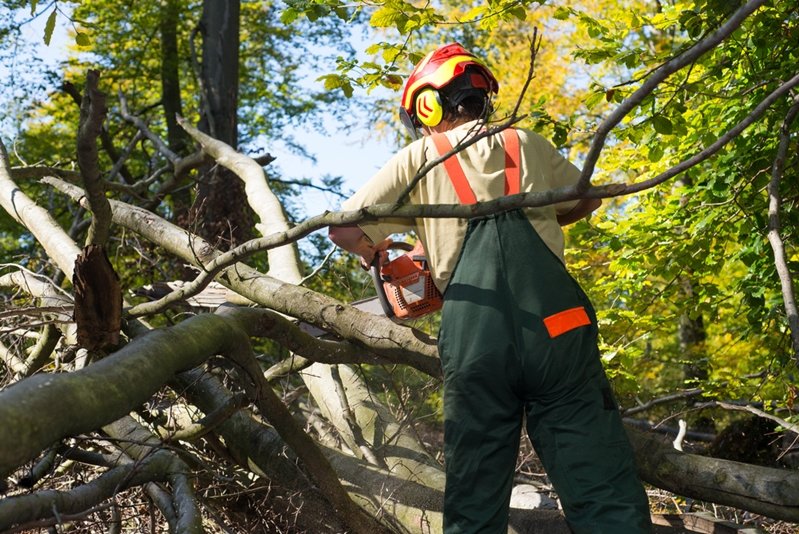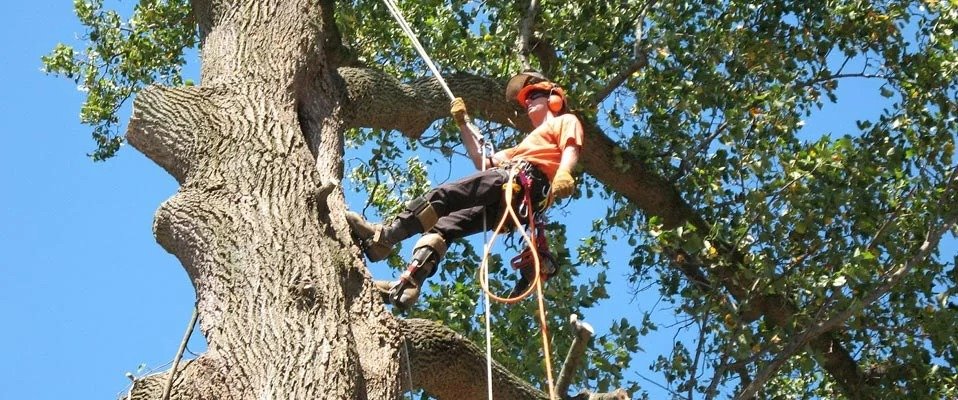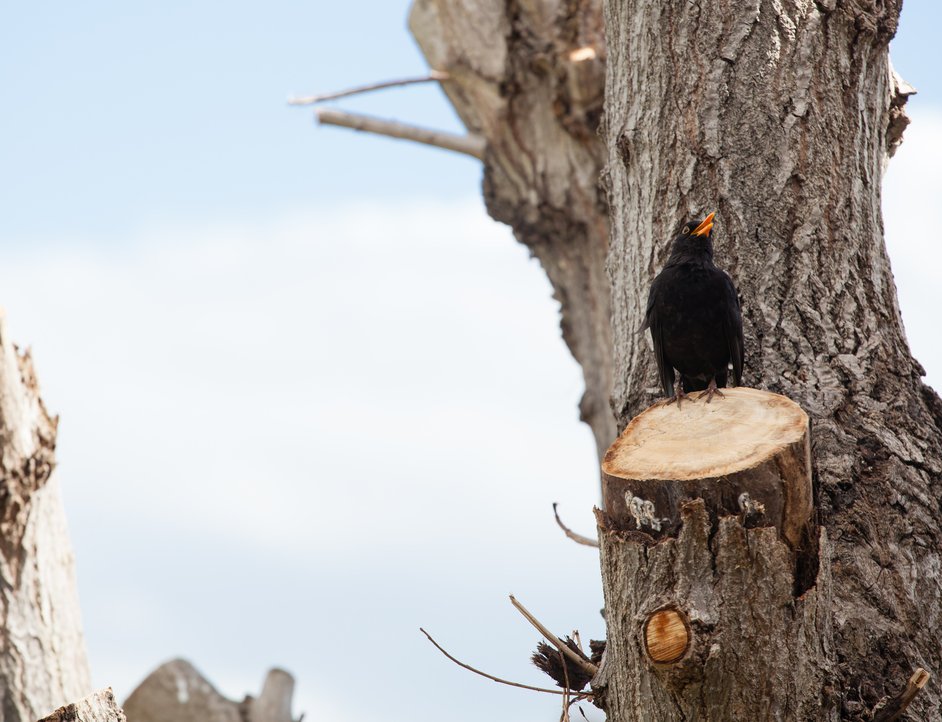Trees, with their towering presence and leafy canopies, add immense value to any property in Bunbury. However, there comes a time when these giants need a little trim, a touch-up, or sometimes more intensive care. That’s where professional tree lopping services in Bunbury enter the scene. While the advantages of tree lopping services are evident, a prevalent concern among homeowners revolves around the associated costs. In this article, we’ll delve into the factors that influence the cost of tree lopping in Bunbury, helping you understand what to expect when investing in the health and aesthetics of your green companions.

Tree Size and Type
The sheer size and type of the tree plays a pivotal role in determining the overall cost of lopping services. Larger trees with extensive branches or certain types that require specialized equipment and expertise may incur higher costs. Different tree species demand varying techniques and considerations, and the difficulty of the job often correlates with the price.
Accessibility and Location
The accessibility of the tree in question is another crucial factor influencing the cost. Should the tree be situated in an inaccessible area or demand extra effort to navigate due to its placement within the property, it may result in an escalated cost. Considerations such as proximity to buildings, power lines, or other structures can also impact the complexity of the job and subsequently affect pricing.
Health and Condition of the Tree
The health and condition of the tree itself can significantly affect the cost of lopping services. Healthy trees that require routine maintenance might be more straightforward and less costly to handle compared to diseased or damaged trees that demand more intricate care. Removal of dead branches, addressing diseases, or dealing with pest infestations may contribute to an increase in service fees.
Quantity of Trees
The number of trees requiring lopping services naturally influences the overall cost. Some tree lopping services in Bunbury may offer package deals for multiple trees, providing a more cost-effective solution for homeowners looking to address several trees on their property simultaneously.
Emergency Situations
In cases of emergencies, such as storm damage or sudden hazards, the urgency and demand for immediate attention can impact the cost. Emergency tree lopping services often require prompt response and additional resources, which may be reflected in higher service charges.
Additional Services
Beyond basic lopping services, additional tasks can contribute to the overall cost. Stump grinding, wood chipping, and the removal of green waste are examples of supplementary services that may incur extra charges. Discussing these aspects with the tree lopping service beforehand will help you anticipate and budget for the complete scope of the job.
Local Regulations and Permits
Bunbury, like many other areas, may have specific regulations governing tree lopping. Permits may be necessary based on factors such as the tree’s size, type, and location. Obtaining permits can involve administrative costs and should be factored into your budget when considering tree-lopping services.
Seasonal Considerations
The time of year can also influence the cost of tree-lopping services. Some seasons may be more conducive to certain types of tree maintenance, while others could pose challenges or require additional precautions. Discussing the optimal timing of the service with professionals can help you plan and potentially secure more favorable pricing.
Reputation and Experience of the Service Provider
Experienced and reputable tree lopping services in Bunbury may command higher fees due to their expertise, quality of work, and the assurance of proper equipment and safety measures. Although the allure of more budget-friendly options may be tempting, choosing a trustworthy and esteemed service can ultimately shield you from potential complications in the long term.
In conclusion, understanding the cost of tree lopping services in Bunbury involves considering various factors that contribute to the complexity of the job. To ensure transparency and avoid surprises, it’s advisable to obtain detailed quotes from reputable tree lopping services, clearly outlining the scope of work, potential additional costs, and any specific conditions that may affect pricing. In doing so, you not only contribute to the well-being and aesthetic appeal of your trees but also make informed decisions that harmonize with your budget and align with your expectations.




